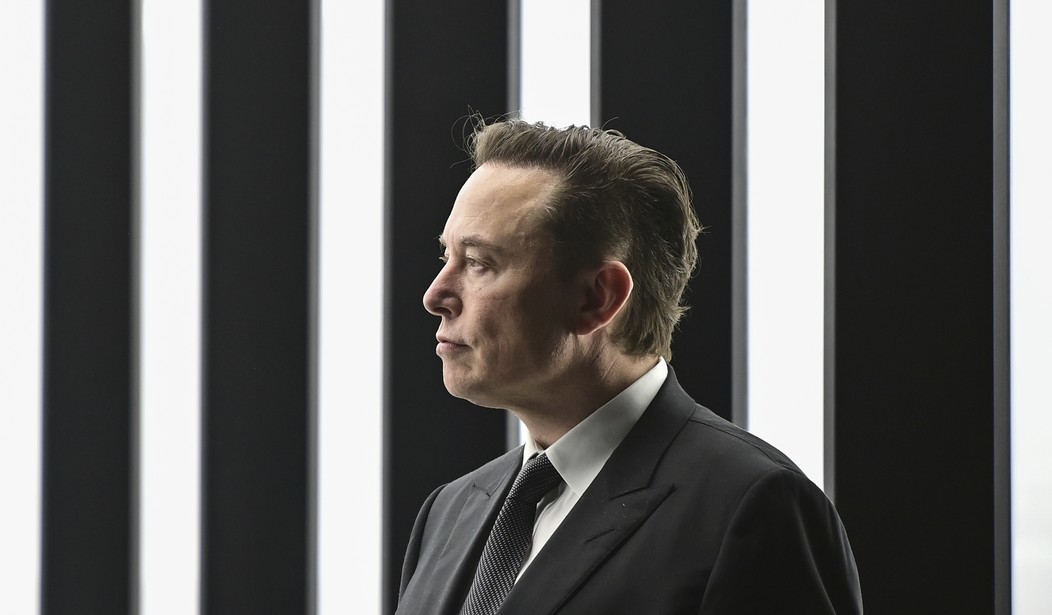After an intense legal battle, Tesla CEO and Neuralink co-founder Elon Musk’s deal to buy Twitter is finally going through, and Musk tweeted a statement to Twitter advertisers Thursday morning to share why he decided to buy Twitter and his ideas for the future. Musk now has the opportunity to make Twitter truly a “digital town square” enabling free speech for everyone, particularly for those targeted by the government, media, and other institutions for not going along with whatever the latest narrative happens to be this millisecond.
“I wanted to reach out personally to share my motivation in acquiring Twitter,” Musk’s tweeted statement began. “There has been much speculation about why I bought Twitter and what I think about advertising. Most of it has been wrong.” Musk then framed his motivation as free speech. “The reason I acquired Twitter is because it is important to the future of civilization to have a common digital town square, where a wide range of beliefs can be debated in a healthy manner, without resorting to violence,” he said. “There is currently great danger that social media will splinter into far right wing and far left wing echo chambers that generate more hate and divide our society.”
Musk has repeatedly expressed support for free speech and concern about its suppression on social media before. Some continue to be wary of the billionaire, however, as his recent vocal support for demands of the Chinese Communist Party (CCP) — which runs an authoritarian surveillance state — and his Neuralink brain chips seem to indicate Musk’s contradictory views.
Musk specifically slammed media in his statement. “In the relentless pursuit of clicks, much of traditional media has fueled and catered to those polarized extremes, as they believe that is what brings in the money, but, in doing so, the opportunity for dialogue is lost,” he said. “That is why I bought Twitter. I didn’t do it because it would be easy. I didn’t do it to make more money. I did it to try to help humanity, whom I love. And I do so with humility, recognizing that failure in pursuing this goal, despite our best efforts, is a very real possibility.”
But Twitter is not going to become “a free-for-all hellscape, where anything can be said with no consequences,” Musk clarified. He said the platform would be adhering to “the laws of the land” and will be “warm and welcoming to all.” His vision for Twitter is to make it a place “where you can choose your desired experience according to your preferences, just as you can choose, for example, to see movies or play video games ranging from all ages to mature.”
Having discussed his motivations for buying Twitter, Musk turned to his views on advertising. “I also very much believe that advertising, when done right, can delight, entertain, and inform you; it can show you a service or product or medical treatment that you never knew existed, but is right for you,” Musk wrote. “For this to be true, it is essential to show Twitter users advertising that is as relevant as possible to their needs. Low relevancy ads are spam, but highly relevant ads are actually content!”
Twitter has been attacked by both right and left — by one for censoring too much, by the other for not censoring “enough” — but Musk’s ideas for transforming Twitter are ambitious. “Fundamentally, Twitter aspires to be the most respected advertising platform in the world that strengthens your brand and grows your enterprise,” he said. “To everyone who has partnered with us, I thank you. Let us build something extraordinary together.”
As said above, Musk now has the opportunity to make Twitter a free speech platform again, rather than a swamp of enforced wokeness. One just hopes that his heavy investment in Tesla China, in a country where every major company (especially every tech company) is answerable to the government, will not end up affecting his commitment to free speech.
Former White House National Security Council (NSC) chief of staff Alexander Gray told Media Research Center recently that the Chinese government practices “civil-military fusion,” where everything in the economic and tech spheres is accessible to the Chinese military, the People’s Liberation Army. That would include Tesla China. Musk also previously supported the CCP’s demands to control the nation of Taiwan.
Then there are brain microchips. Musk’s goal with his Neuralink brain chips is to “boost” intelligence and create “a full brain interface within 25 years,” according to the Sun. Will the technology of Neuralink and Twitter someday be connected?
Only time will tell if Musk will live up to expectations as a free speech champion or not.










Join the conversation as a VIP Member